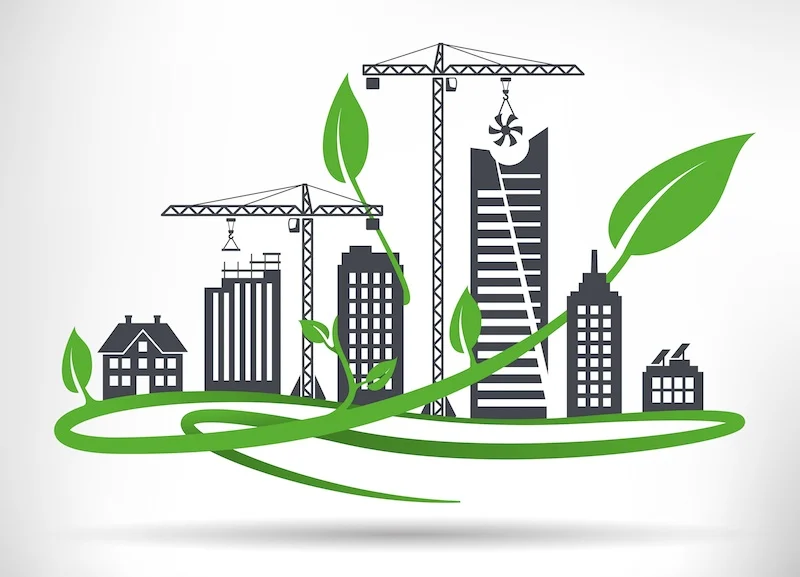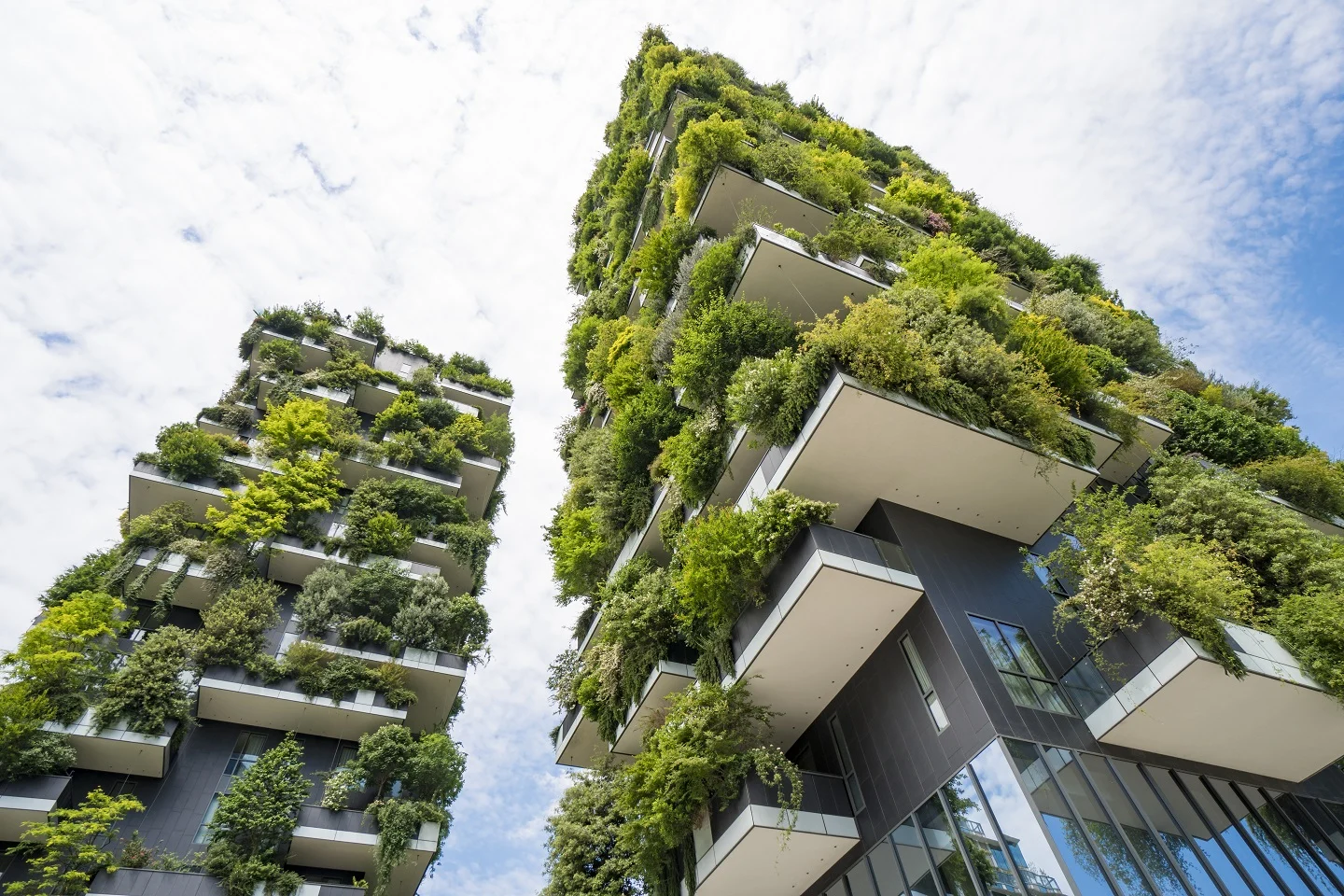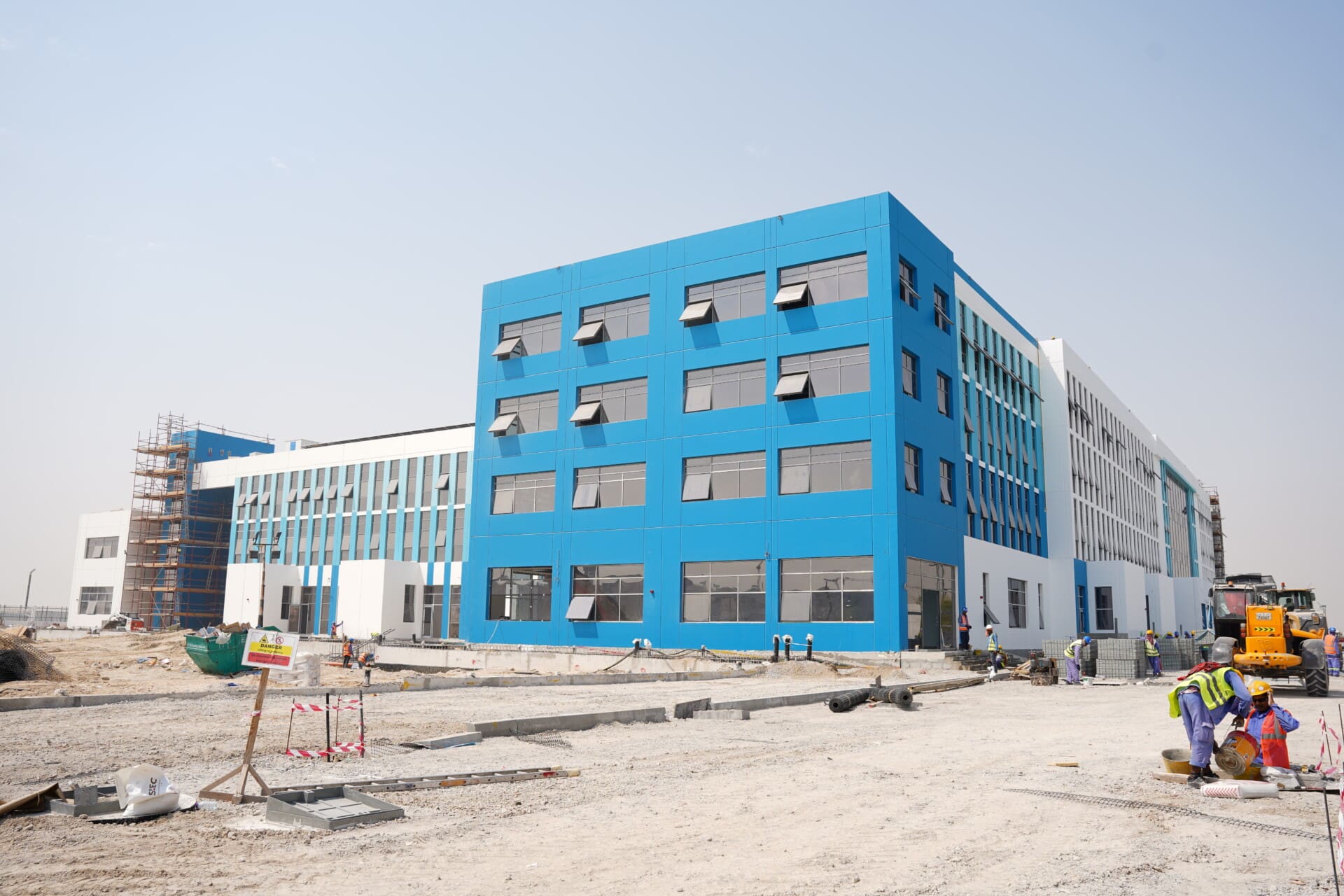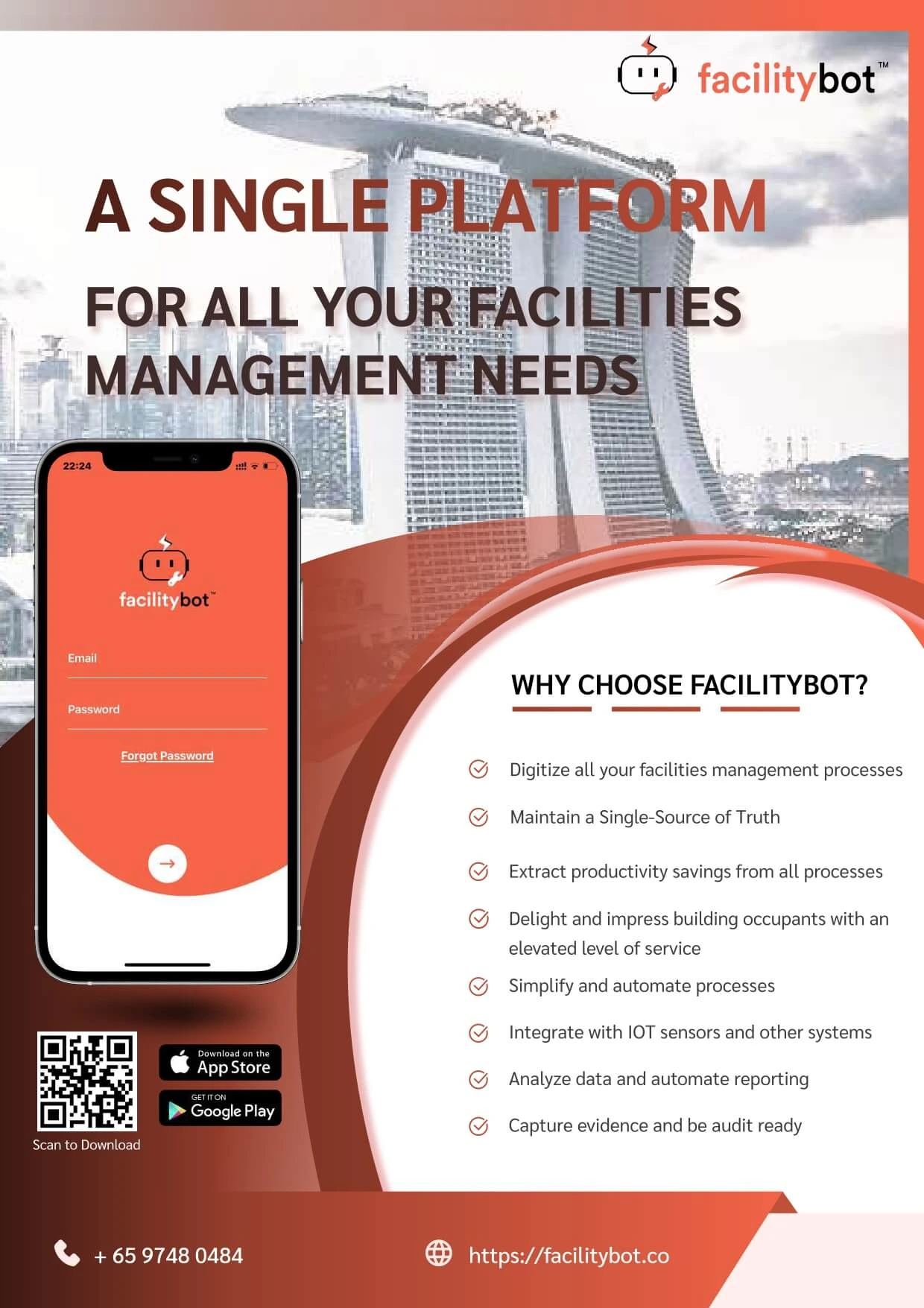In today’s climate-conscious world, sustainability is no longer an optional add-on for the hospitality industry—it’s a necessity. Every hotel, resort, or guest facility must actively contribute to environmental, social, and economic sustainability. This has given rise to a crucial and evolving concept: sustainable hospitality facilities management.
But what exactly is sustainable hospitality facilities management, and why is it so important in modern hotel operations? This guide explains the concept in detail, highlights its core principles, and outlines actionable strategies to help your hospitality facility become a model of sustainability.
Understanding Sustainable Hospitality Facilities Management
Sustainable hospitality facilities management is the integration of environmentally and socially responsible practices into the day-to-day operations and long-term planning of hospitality properties. It combines the principles of facilities management with Environmental, Social, and Governance (ESG) standards to improve performance, reduce environmental impact, enhance guest satisfaction, and ensure business longevity.
This approach goes beyond energy savings and recycling. It encompasses smart building management, sustainable procurement, stakeholder engagement, regulatory compliance, and effective resource utilization. It aims to make hospitality facilities more resilient, efficient, and socially responsible.
Why Sustainability in Hospitality Facilities Management Matters
Sustainability in hospitality facilities management is about future-proofing businesses while supporting the environment and society. Here are key reasons why it matters:

- Lower Operational Costs: Energy-efficient lighting, water conservation, and HVAC optimization can significantly reduce utility bills.
- Increased Guest Satisfaction: Modern guests prefer eco-conscious brands. Green hotels are more likely to win repeat customers and positive reviews.
- Stronger Brand Reputation: Sustainable facilities signal responsibility and forward-thinking, attracting both customers and investors.
- Regulatory Compliance: Sustainability initiatives help meet global and local regulations, such as waste disposal rules and energy efficiency standards.
- Access to Green Financing: Hotels that show commitment to ESG practices are more attractive to environmentally focused investors and lenders.
The Three Pillars of Sustainable Hospitality Facilities Management
1. Environmental Sustainability
This includes all practices aimed at reducing the negative impact of hotel operations on the natural environment. Examples include:
- Switching to renewable energy sources
- Implementing smart energy management systems
- Installing low-flow plumbing fixtures to conserve water
- Reducing waste through recycling and composting
- Adopting green building materials in renovations
2. Social Responsibility
Hospitality facilities impact not just the environment but also people—guests, employees, and communities. Social sustainability includes:
- Fair labor practices and staff training programs
- Community engagement and local sourcing
- Promoting diversity, equity, and inclusion in hiring
- Enhancing employee well-being through safe and healthy working conditions
3. Governance and Compliance
A strong governance framework ensures sustainability policies are embedded across all hotel operations. This involves:
- Creating transparent sustainability goals and metrics
- Conducting ESG audits and impact assessments
- Promoting anti-corruption and ethical conduct
- Aligning operations with international sustainability frameworks like GRI or LEED
How to Implement Sustainable Facilities Management in Hospitality
To effectively implement sustainable practices in facilities management, hospitality businesses should follow a structured approach:

1. Assess Current Performance
Conduct an ESG audit to identify areas with the highest environmental and social impact—such as waste, water usage, or energy consumption.
2. Engage Stakeholders
Involve internal and external stakeholders—employees, investors, suppliers, and local communities—to align sustainability goals with their expectations.
3. Set Clear Sustainability Goals
Define short- and long-term sustainability targets based on materiality assessments. For instance, reducing carbon emissions by 25% in five years or eliminating single-use plastics.
4. Deploy Energy-Efficient Technologies
Install tools like smart thermostats, occupancy sensors, and energy recovery ventilation. For HVAC efficiency, devices like CONTINEWM can cut up to 25% of air conditioning costs while improving air quality.
5. Enhance Waste and Water Management
Implement recycling programs, monitor water usage, and adopt greywater recycling systems to reduce waste and conserve resources.
6. Train Staff and Monitor Progress
Empower employees with training on sustainable practices and establish Key Performance Indicators (KPIs) to measure progress. Regular internal reporting ensures accountability.
7. Communicate and Report
Use sustainability reporting frameworks like the Global Reporting Initiative (GRI) or Climate Disclosure Standards Board (CDSB) to share achievements with stakeholders. Transparency builds trust and credibility.
Global Trends in Sustainable Hospitality Facilities Management
The hospitality industry is globally aligning with sustainability practices. According to the Green Lodging Trends Report, over 4,500 hotels across 61 countries are actively implementing energy and waste management strategies, water conservation, staff engagement programs, and community outreach.
International hotel brands now include ESG standards in their brand guidelines, ensuring consistency across all properties. These standards serve as a blueprint for sustainable operations, whether in franchised or company-managed facilities.
Key Actions for a Sustainable Facility
- Transition to LED lighting and smart energy management systems
- Implement zero-waste policies and composting
- Invest in low-emission transport or bike-friendly infrastructure
- Integrate green roofs or vertical gardens
- Choose eco-certified suppliers and local vendors
- Install CONTINEWM for HVAC efficiency and indoor air quality
Sustainable Hospitality Facilities Management and Facility Bot
One of the most effective ways to streamline sustainable operations in hospitality is through the use of advanced facilities management software like Facility Bot. Facility Bot helps hotels automate maintenance tasks, track energy use, manage assets, and monitor ESG metrics—all from a central dashboard.
By using Facility Bot’s facilities management software, hotel operators can:
- Improve operational efficiency
- Monitor and reduce energy and water consumption
- Schedule preventive maintenance to extend asset lifespan
- Track ESG compliance across departments
- Support real-time reporting and communication with teams
Sustainable hospitality facilities management is not just a trend—it’s a strategic approach that adds value to your property and strengthens your commitment to global sustainability. With tools like Facility Bot, your facility can lead the way toward a greener, more profitable future.
Frequently Asked Questions (FAQs)
What is sustainable hospitality facility management?
Sustainable hospitality facility management refers to the integration of sustainable and environmentally responsible practices in the operation, maintenance, and planning of hospitality properties such as hotels, resorts, and lodges. It combines traditional facilities management with environmental, social, and governance (ESG) principles to reduce environmental impact, enhance guest satisfaction, lower operational costs, and ensure long-term business viability.
What is sustainable facilities management?
Sustainable facilities management is the strategic approach to operating and maintaining buildings in a way that minimizes environmental harm, promotes social responsibility, and complies with governance standards. It focuses on reducing energy and water consumption, optimizing waste management, and improving the well-being of occupants. In the context of hospitality, this ensures properties are both efficient and eco-friendly.
What is sustainability in hospitality management?
Sustainability in hospitality management involves implementing eco-friendly and socially responsible practices across all areas of a hospitality business—from front desk operations to housekeeping, procurement, and marketing. This includes reducing carbon emissions, conserving water, supporting local communities, and adhering to ethical governance practices to ensure long-term environmental and business sustainability.
What is facilities management in the hospitality industry?
Facilities management in the hospitality industry refers to the coordination and maintenance of physical assets and infrastructure in hotels, resorts, and other lodging facilities. It includes overseeing utilities, HVAC systems, building maintenance, safety protocols, and guest services infrastructure. Efficient facilities management ensures that hospitality operations run smoothly, safely, and cost-effectively.




